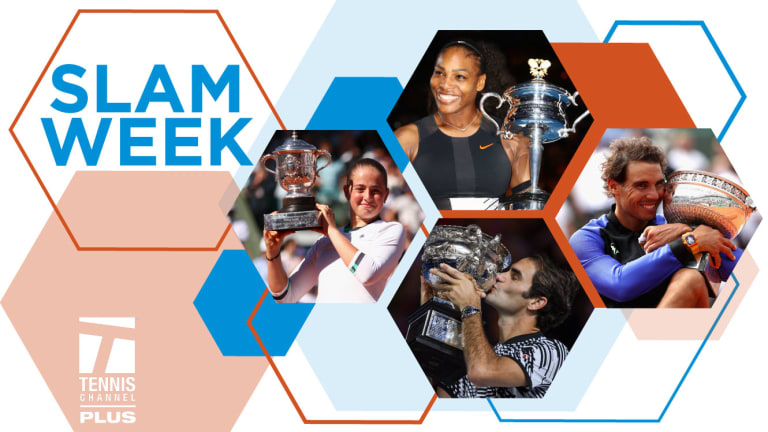LONDON—On Thursday afternoon, a man stood on Henman Hill, beer in hand, and shouted his support for his countrywoman, Johanna Konta. He said he was happy to have a chance to root for a British player, and that he liked Konta because she was a “real battler.” What he didn’t realize was that her parents are Hungarian, she was born in Australia and lived there until she was 14, she has only been a citizen of Great Britain since 2012, and that she did her most important training in Spain.
“Really? I didn’t know that,” he said after hearing her story from a reporter.
This account comes from an article in Friday’s Times (of London) by Alyson Rudd, entitled “Centre Court’s Newest Star Fails to Win Hearts.” Rudd’s point isn’t that Konta was too dull to spark the crowd, or that, as a child of immigrants, she wasn’t British enough for a post-Brexit audience.
“Henman Hill was hardly a viper’s nest seething with Konta’s credentials,” Rudd writes. She goes on to quote a group of students on the subject:
“Mo Farah is British, so she can be,” one of the kids says. “We live in such a multicultural society so you can’t deny someone who wants to call themselves British.”
Even the pro-Brexit Sun couldn’t find anything threatening in Konta, who has spent the fortnight proclaiming her love of baking, the Spice Girls and U2.
“VENUS PROVES TOO STRONG FOR OUR JO” was the paper’s headline the day after she lost to Venus Williams.
